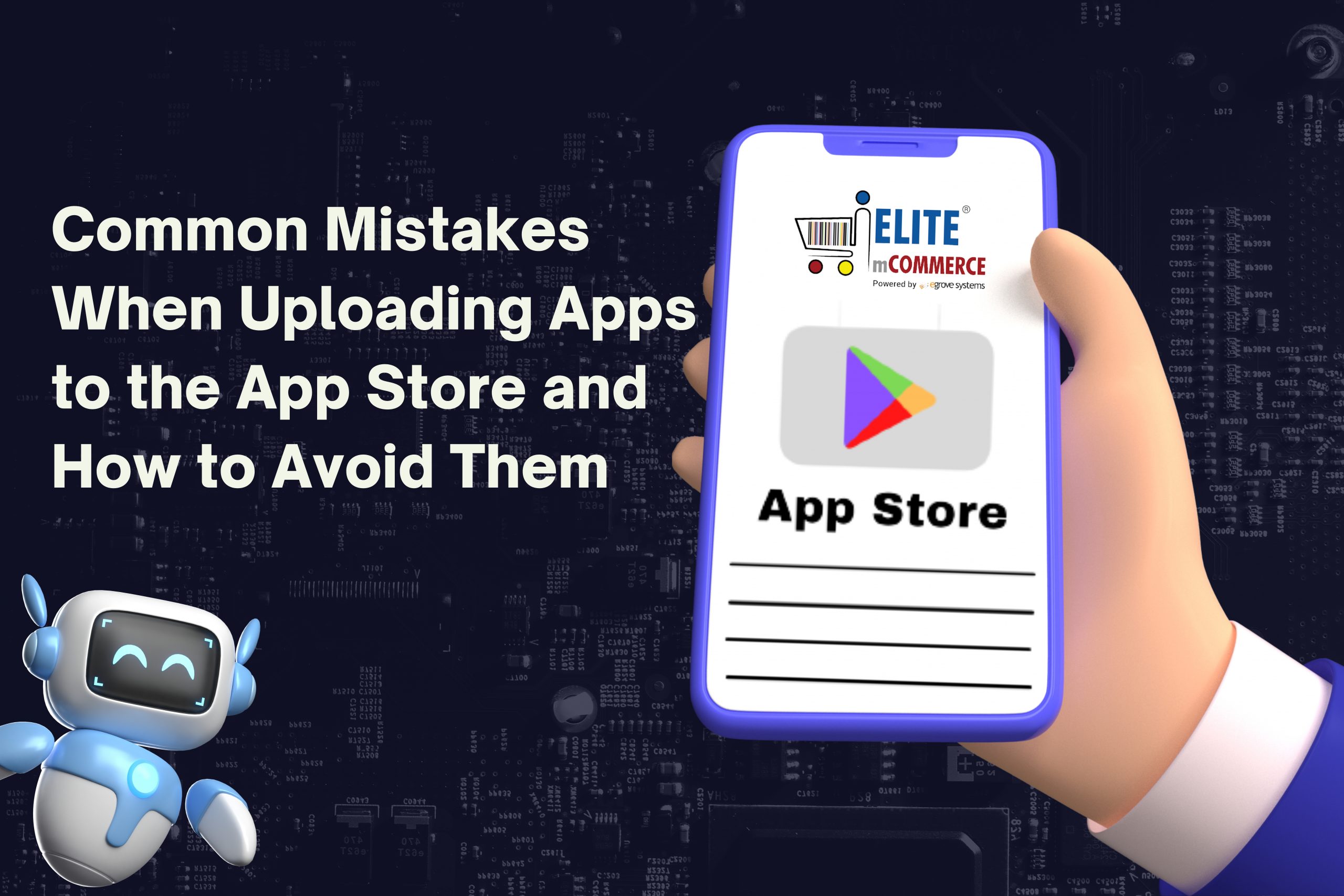Recent years have seen a dramatic transformation in the mobile app landscape, and businesses that fail to adapt risk falling behind. As we look toward the future, understanding the evolving trends and opportunities in the mobile marketplace is essential for maintaining a competitive edge.
The Rise of the Mobile-First Mindset
Consumers have become increasingly reliant on their mobile devices for everything from shopping and banking to productivity and entertainment. Recent studies show that the average person spends over 3 hours per day on their smartphone. This mobile-first mindset has profound implications for businesses, requiring a fundamental shift in how they approach customer engagement and service delivery.
The power of business apps
At the heart of this mobile revolution are business apps—custom-built software solutions designed to streamline operations, enhance productivity, and provide a seamless user experience. From enterprise resource planning (ERP) to customer relationship management (CRM), the right business app can be a game-changer for organizations of all sizes.
Improved productivity and efficiency
Mobile apps enable employees to access critical data and perform key tasks from anywhere, breaking down the barriers of traditional office-based work. The ability to make decisions, collaborate, and complete assignments while on the go can significantly boost productivity.
Enhanced customer experiences
By integrating business apps with customer-facing platforms, organizations can provide a more personalized and responsive service. Mobile apps can offer features like real-time order tracking, instant support, and personalized recommendations, cementing customer loyalty and driving increased revenue.
Data-Driven Insights
The wealth of data generated by business apps can provide invaluable insights into customer behavior, market trends, and operational efficiency. By leveraging this data, companies can make more informed decisions, optimize their strategies, and stay ahead of the competition.
Strategies for Winning in the Mobile Marketplace
As the mobile app ecosystem continues to evolve, businesses must adopt a strategic approach to maximize their success. Here are some key strategies to consider:
Invest in tailored solutions.
One-size-fits-all business apps are no longer sufficient in today’s hyper-competitive landscape. Successful companies are investing in custom-built solutions that address their unique operational needs, user preferences, and industry-specific requirements.
Prioritize the user experience.
The user experience (UX) of your business app is a critical factor in driving adoption and engagement. Focus on designing intuitive interfaces, streamlining workflows, and providing seamless integration with other enterprise systems.
Embrace emerging technologies.
Innovative technologies, from artificial intelligence and machine learning to augmented reality and the Internet of Things, are transforming the mobile app landscape. Businesses that stay ahead of the curve and incorporate these advancements into their app strategies will be well-positioned for long-term success.
Prioritize security and compliance.
As the volume of sensitive data handled by business apps continues to grow, organizations must prioritize robust security measures and ensure compliance with relevant regulations. This includes implementing robust encryption, access controls, and data backup protocols.
Foster a culture of innovation.
Cultivating a culture of innovation within your organization is essential for staying ahead of the curve in the mobile marketplace. Encourage your team to experiment with new ideas, learn from failures, and continuously improve your app offerings.
Leverage analytics and feedback.
Regularly gathering and analyzing user feedback, app usage data, and market trends can help you fine-tune your mobile app strategy and ensure that your solutions remain relevant and effective.
The Future of the Mobile Marketplace
As we look towards the years to come, the mobile marketplace is poised to undergo even more dramatic transformations. Here are some key trends and developments to monitor:
The Ascension of 5G and Edge Computing
The rollout of 5G networks and the increasing adoption of edge computing will enable business apps to deliver lightning-fast performance, real-time data processing, and immersive user experiences.
Advancements in Artificial Intelligence
AI-powered features like natural language processing, computer vision, and predictive analytics will become increasingly prevalent in business apps, automating tasks, personalizing services, and generating actionable insights.
Seamless omnichannel integration
The line between physical and digital experiences will continue to blur as business apps integrate seamlessly with in-store technologies, IoT devices, and other enterprise systems to provide a truly unified customer journey.
There is an increased focus on sustainability and ethical design.
Consumers and employees alike are demanding more environmentally and socially responsible business practices. Successful companies will prioritize sustainable app development and ethical data management to meet these evolving expectations.
Conclusion
The mobile marketplace presents a wealth of opportunities for businesses that are willing to adapt and innovate. By investing in tailored business apps, prioritizing user experience, embracing emerging technologies, and fostering a culture of continuous improvement, organizations can position themselves for long-term success in the years to come.









Add comment